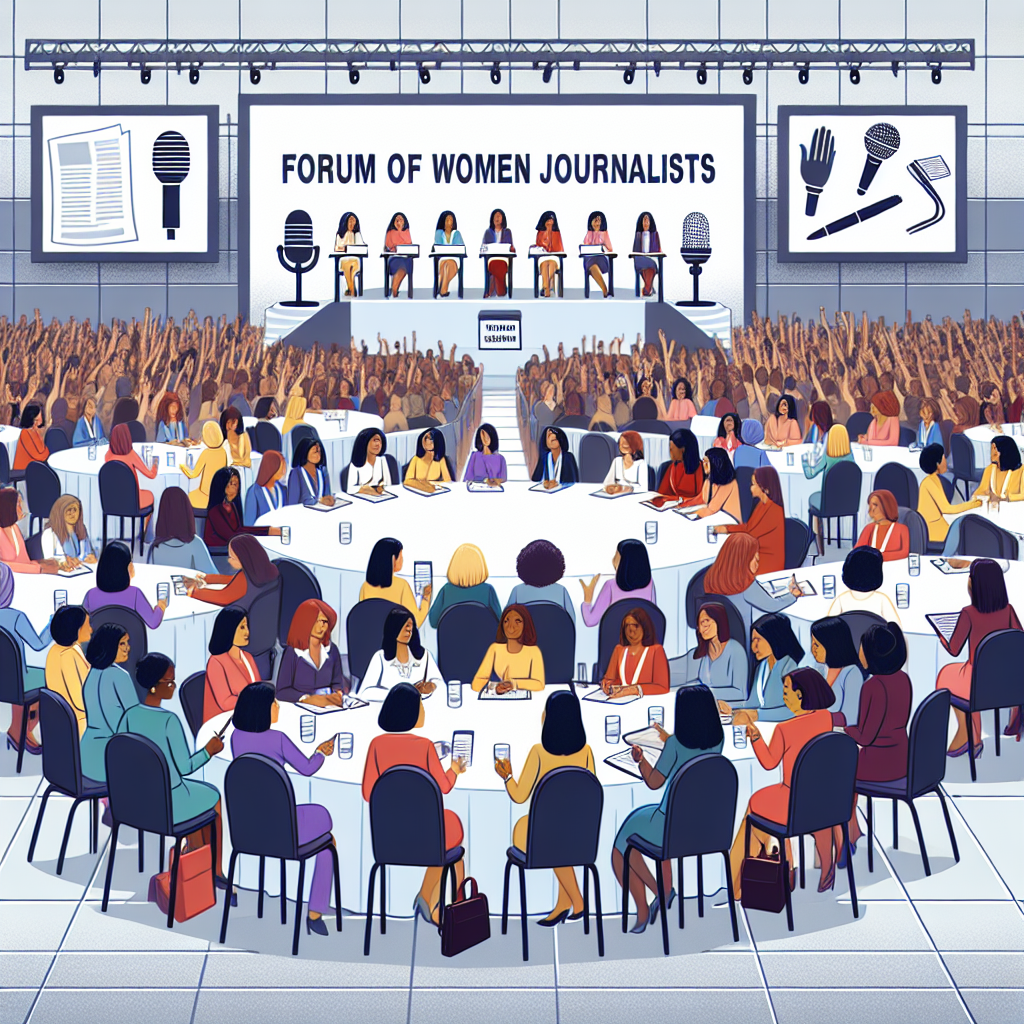The United Nations Assistance Mission in Afghanistan (UNAMA) and the UN Human Rights Office have released a joint report detailing the severe challenges faced by journalists and media workers in Afghanistan, particularly since the Taliban's return to power. The report highlights systemic censorship, increasing violence, and a harsh working environment for journalists, exacerbated by severe restrictions on freedom of expression and access to information.
The report, titled Media Freedom in Afghanistan, covers the period from August 15, 2021, to September 30, 2024. During this period, the report documented 336 instances of human rights violations against journalists and media workers, including 256 cases of arbitrary arrest and detention, 130 instances of torture or ill-treatment, and 75 cases of threats and intimidation. The report paints a grim picture of the situation for those working in the Afghan media sector.
“For any country, a free press is not a choice, but a necessity. Journalists and media workers in Afghanistan face overwhelming challenges, often uncertain about what they can report, and at risk of detention or harassment for perceived criticism,” said Roza Otunbayeva, Special Representative of the UN Secretary-General and head of UNAMA. She urged the de facto authorities in Afghanistan to guarantee the safety of journalists and media workers and recognize the essential role of women in the media sector.
Discrimination Against Women Journalists
The report underscores the heightened challenges faced by women journalists in Afghanistan, who face additional discriminatory barriers that severely restrict their ability to work and contribute to the media industry. Women journalists have been particularly vulnerable to gender-based restrictions, impacting their professional freedom and access to opportunities in the media sector.
UN High Commissioner for Human Rights Volker Türk echoed the concerns, calling on the de facto authorities to align their policies with international human rights law, particularly the International Covenant on Civil and Political Rights.
“Journalists and media workers play a vital role in keeping the public informed about important events and issues. They are indispensable in promoting transparency, ensuring accountability, and fostering open debate on public policy,” Türk said. He emphasized that the media's health and freedom are crucial for a society's well-being and called for the protection of all journalists, particularly women.
Impact of Reduced International Support
The report also highlights the significant decline in technical and financial support for the media sector, particularly from the international community. This lack of support has compounded the difficulties faced by journalists and media outlets in Afghanistan, further restricting access to information for the Afghan population and hampering the ability of local media to operate independently.
“Continued technical and financial support for the Afghan media sector is vital for maintaining freedom of expression and ensuring public debate. This is essential for the country's growth and the well-being of its people,” said Otunbayeva.
Urgent Call for Action
The UN has called on the de facto Afghan authorities to ensure the protection of journalists and media workers and to allow them to carry out their duties without fear of retaliation or censorship. The report stresses the need for a free and independent media in Afghanistan to contribute to informed decision-making, transparency, and public accountability.
In the face of an increasingly restrictive environment for journalists, the UN urges continued international attention and support for media freedom and the protection of journalists in Afghanistan.











